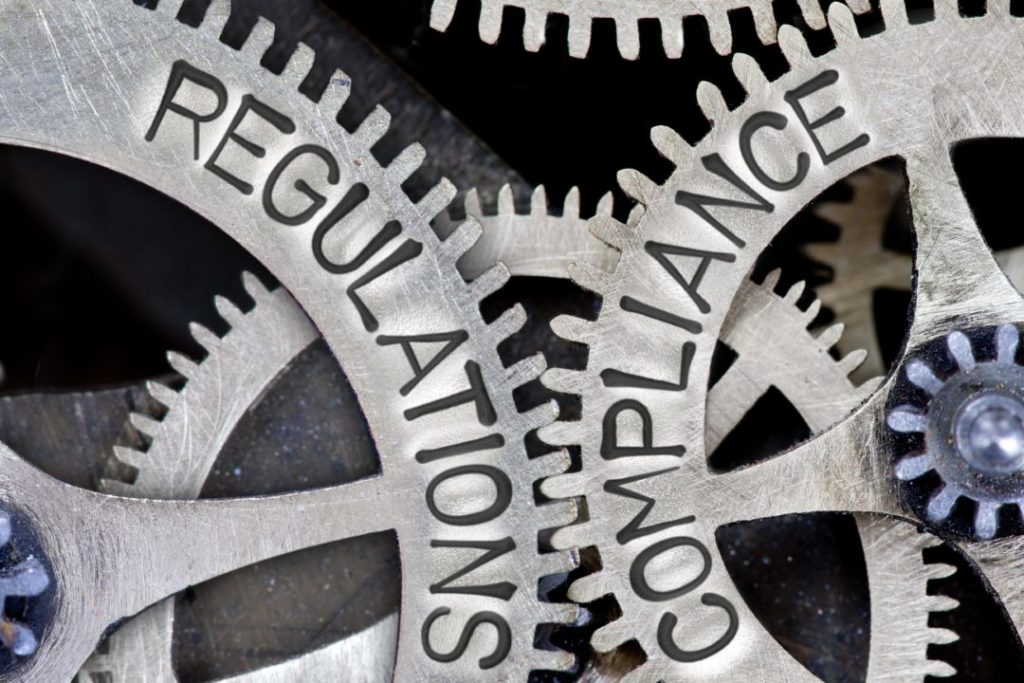The Financial Industry Regulatory Authority (FINRA) is undergoing a major overhaul of its registration and disclosure systems — largely focused on their BrokerCheck public database — to help expedite compliance and make registered individual hiring more transparent. FINRA expects the multi-phase rollout will be complete in 2021.
“This important initiative will strengthen an essential function of the securities industry,” said FINRA President and CEO Robert W. Cook in a recent press release. “The transformation will allow FINRA to develop systems that help firms effectively maintain compliance programs and reduce compliance costs while continuing to operate and enhance BrokerCheck as an essential tool for investors.”
The first phase in the overhaul launched last week with an updated WebCRD interface, which has been enhanced to highlight important information and activities that require immediate attention for the broker/dealer.
For regulators, it’s a valuable tool to make sure new registered individual hires stay compliant. What does this new push toward paperless compliance mean for broker/dealers, though?
WHAT’S IN THE UPDATE?
FINRA’s updated WebCRD will be helping its member firms dot I’s and cross T’s in ways that will cut compliance costs, as well as make the registration and disclosure processes more efficient. As of July 9th, FINRA started performing public record reviews of potential registered individuals.
These disclosure reviews are slated to be completed within 15 days after a broker/dealer applies via Form U4 to register a candidate. After 15 days, if the broker/dealer hasn’t heard from FINRA, it has satisfied its obligations to perform a public records search on the candidate. Easy as that.
Most changes will happen in the WebCRD — the backbone of FINRA’s BrokerCheck software, which acts as the central licensing and registration system for the U.S. securities industry and its regulators. FINRA’s press release reports that the new software will “highlight important information or activities requiring immediate attention of firms, branches and individuals.”
In the coming weeks, FINRA will expand its search functionalities to comb the information provided on Form U4 filings for discrepancies against public records. This alone will save considerable time and effort performing background checks on the nearly 630,000 licensed securities sales people, employees, and execs — especially for smaller broker/dealers with fewer resources at their disposal.
On Wall Street notes that “FINRA is promising brokers a more efficient and accessible process that will ultimately ease their compliance burden.”
TL;DR — What does this specifically mean for broker/dealers?
- Faster compliance. FINRA has been reviewing brokers’ financial records on an annual basis for several years now. Investment News writes, “Now, it will do so more quickly and will relieve firms of a duplicate responsibility.”
- Reduced compliance costs. FINRA estimates new updates will save broker/dealers a combined $1.5 million to $3 million annually in background search and late filing fees, making hiring and transferring new brokers more affordable.
- Better background checks for registered individual hires. BrokerCheck will now be designed to catch issues like a 20 year-old lien tucked deep in the public record, and FINRA will notify the broker/dealer of any discrepancy between Form U4 and the public record.
- Stronger regulations on bad players. Slow, unwieldy public information systems and processes have made it easy to skirt the system. These upgrades will make it easier for regulators to track down bad actors — leveling the playing field for broker/dealers who play by the rules.
How will changes to BrokerCheck affect your broker/dealer? Let’s discuss it: Contact Us




